



The theme: Level Up
Level Up?
While the phrase “level up” is most closely connected with gaming, where levelling up means that a player is able to earn points to move to or unlock another level of the game, in the last decade this phrase has become an increasingly common way to capture aspirational improvement in everything from consumer goods to romantic relationships to career advancement. People routinely speak about levelling up to talk about personal or professional goals, and the ways in which they are planning to achieve them. I believe the ease with which “level up” has permeated our language and our culture derives from the degree to which the phrase provides a useful shorthand for describing a pattern of incremental and hierarchical growth and development with which we are very familiar (through schooling, sports, activities, etc). While secondary school might have felt like endless grinding through lower levels of the game play of our lives, the “levelling up” analogy is much more applicable over the course of your time here at university: required courses (still gotta grind) enable you to level up and access a wider range of electives, and experience points (curricular and extracurricular) unlock future opportunities.
But because you’re MACS students, you know we aren’t going to leave it there, right?
Because we can see how at the same time as the phrase describes these familiar hierarchies, it also recognizes the agency of the individual (or player) in navigating their way through them, and explicitly identifies specific tasks or activities that enable recognition or progression, whether through the game or through life. The structure of these elements (user agency and clearly identified tasks tied to a reward) can be very motivating. Just think of the ways in which gamification has been touted as a way to enhance everything from learning languages (I see you Duolingo owl) to saving money. Levelling up normalizes not just linear ideas of development or progression (rather than cyclical or spiral), but ties this to a neoliberal understanding of the individual as having both agency (in terms of exercising choices – in particular through the market place) and the responsibility for continuous personal and professional improvement (stop looking at me like that DUO). “Levelling up” slips easily into “taking it to the next level”, a cognate phrase which becomes a shorthand for personal and professional goals, but leaves vague and undefined what “it” is, and what the “next level” means. More worrying, both of these catch phases ignore very real differences individuals and groups face in trying to “level up,” instead promising the illusion of equal opportunities to advance.
In gaming, the promise of levelling up is that not only will you progress in the story and gain new opportunities through completing tasks, acquiring items and building experience points, it is also that players who reach this new level are themselves enhanced by the transition. While the precision of “levelling up,” in gaming at least, is that there are concrete elements that contribute to this journey, it encourages us to be instrumental about all aspects of our life (everything we do becomes “experience points”). Many of us have internalized the traces of these elements, the logic of “levelling up,” when we draw on the phrase to describe our aspirations and expectations. If Taylorism described how the logic of the assembly line and mechanical efficiency could be brought to bear on human labour, it is worth thinking about ways in which “levelling up” captures the logic of this particular technological and political moment, that of digital capitalism.
But don’t worry, MACS has given you the necessary tools to enable you to both unlock the next level (your degree, this career conference, internship opportunities, research opportunities, extracurriculars), and recognize (and resist) the ways in which the language of “levelling up” positions us within the logic of digital capitalism.

